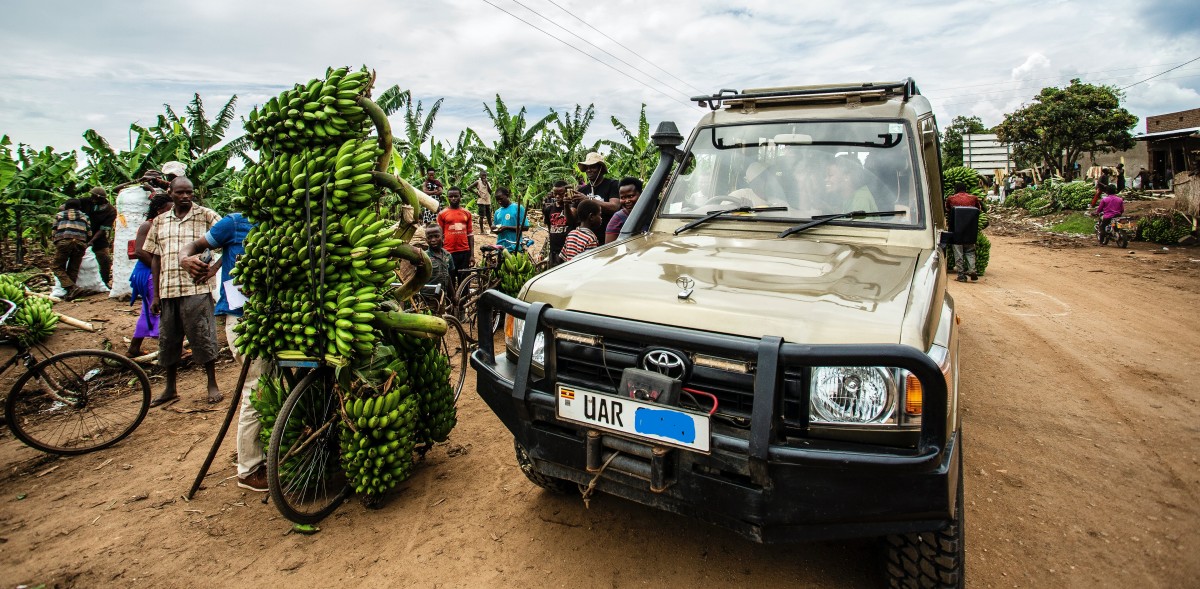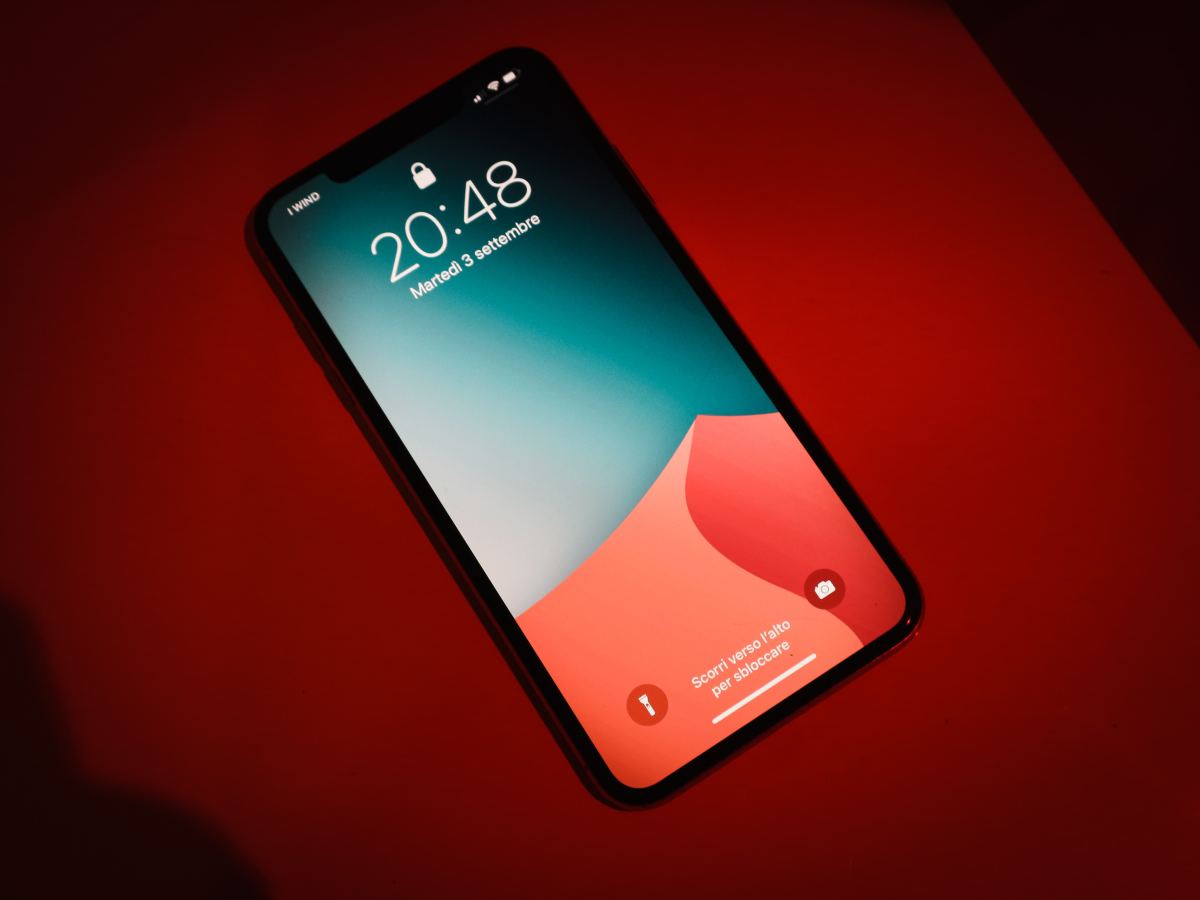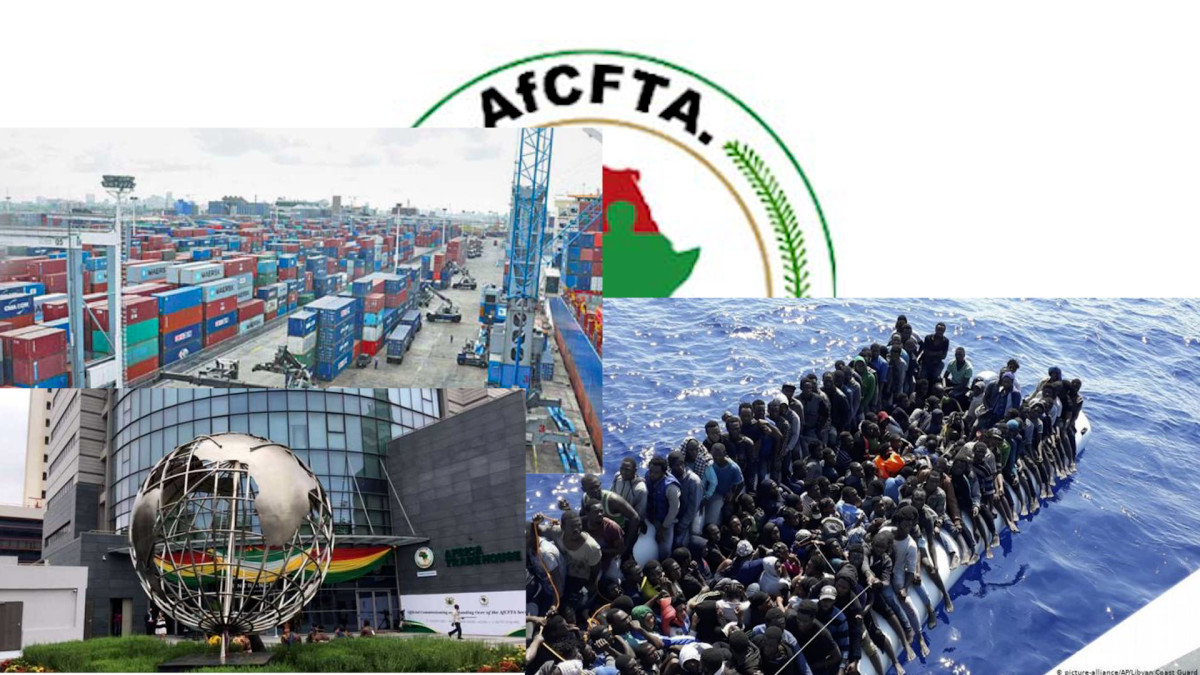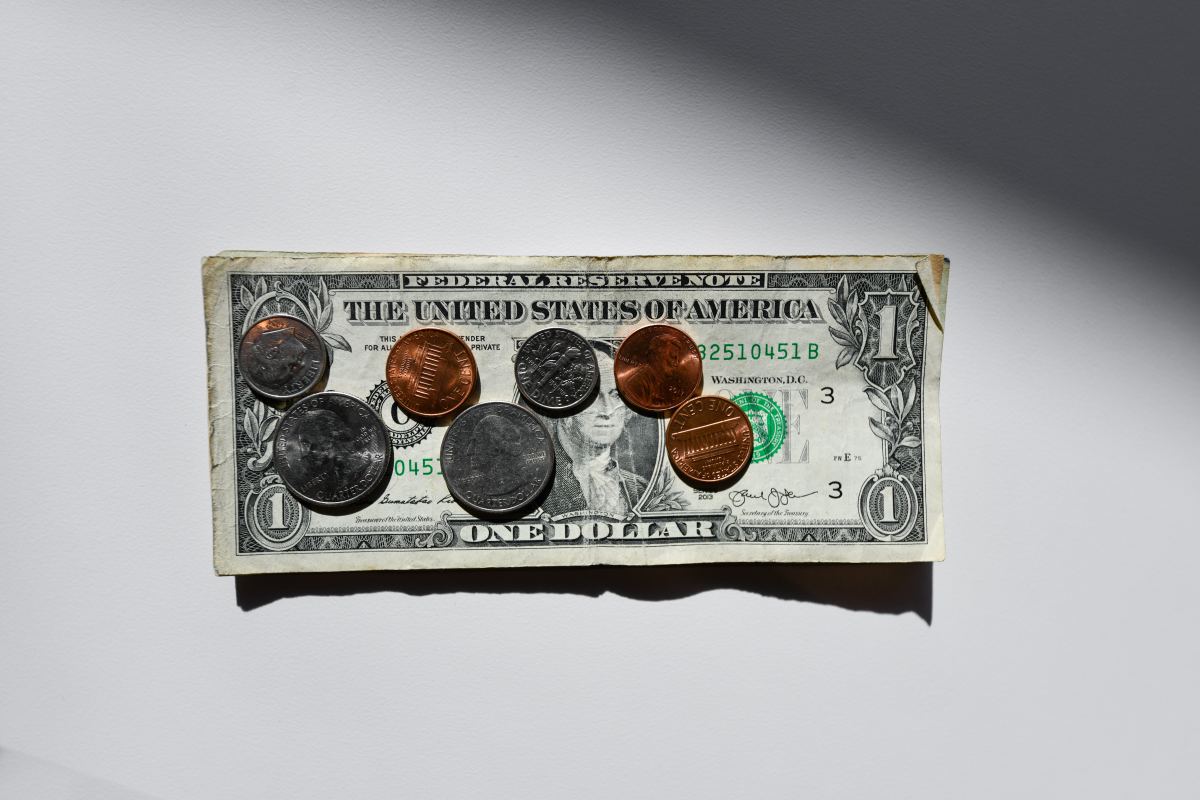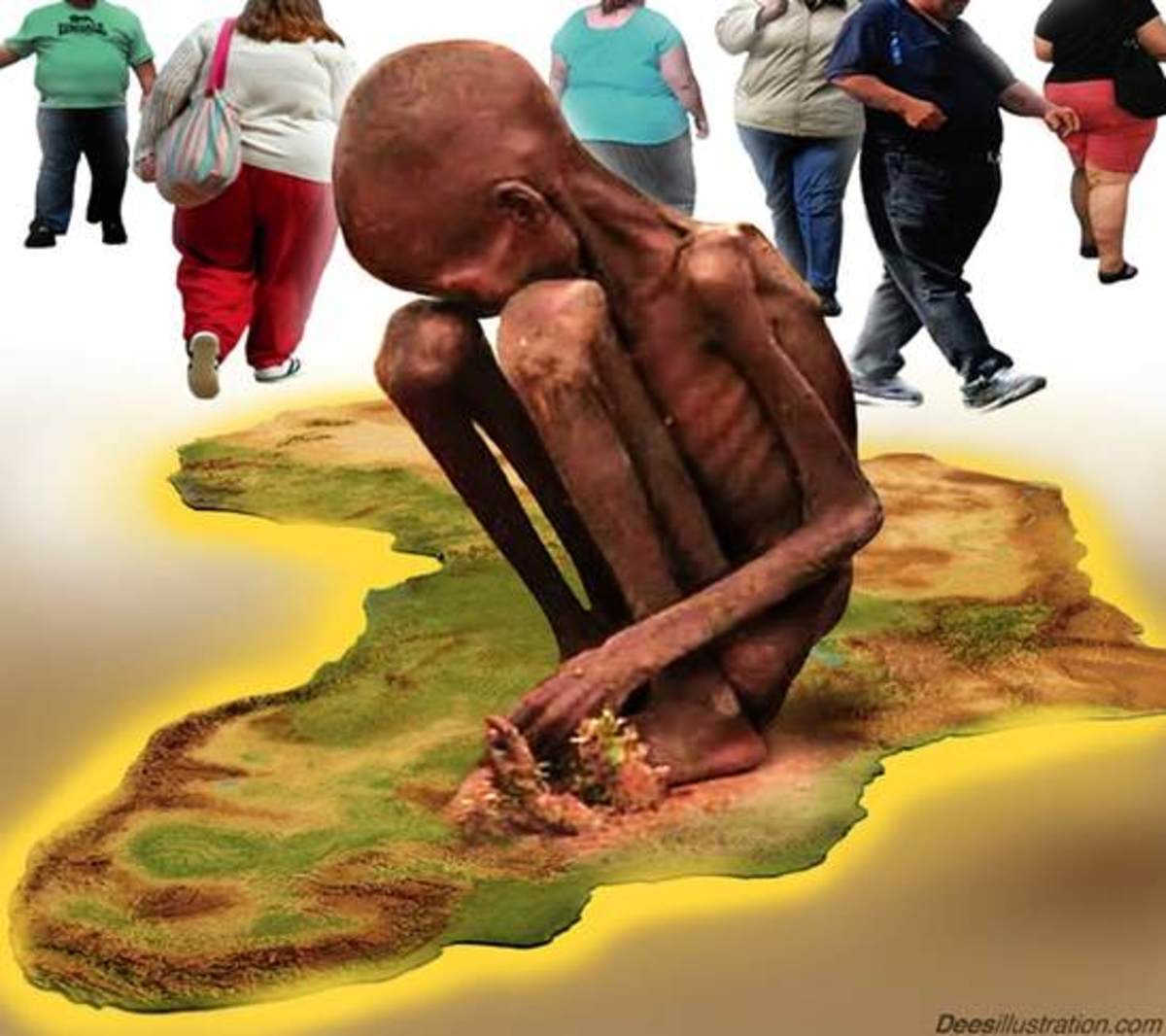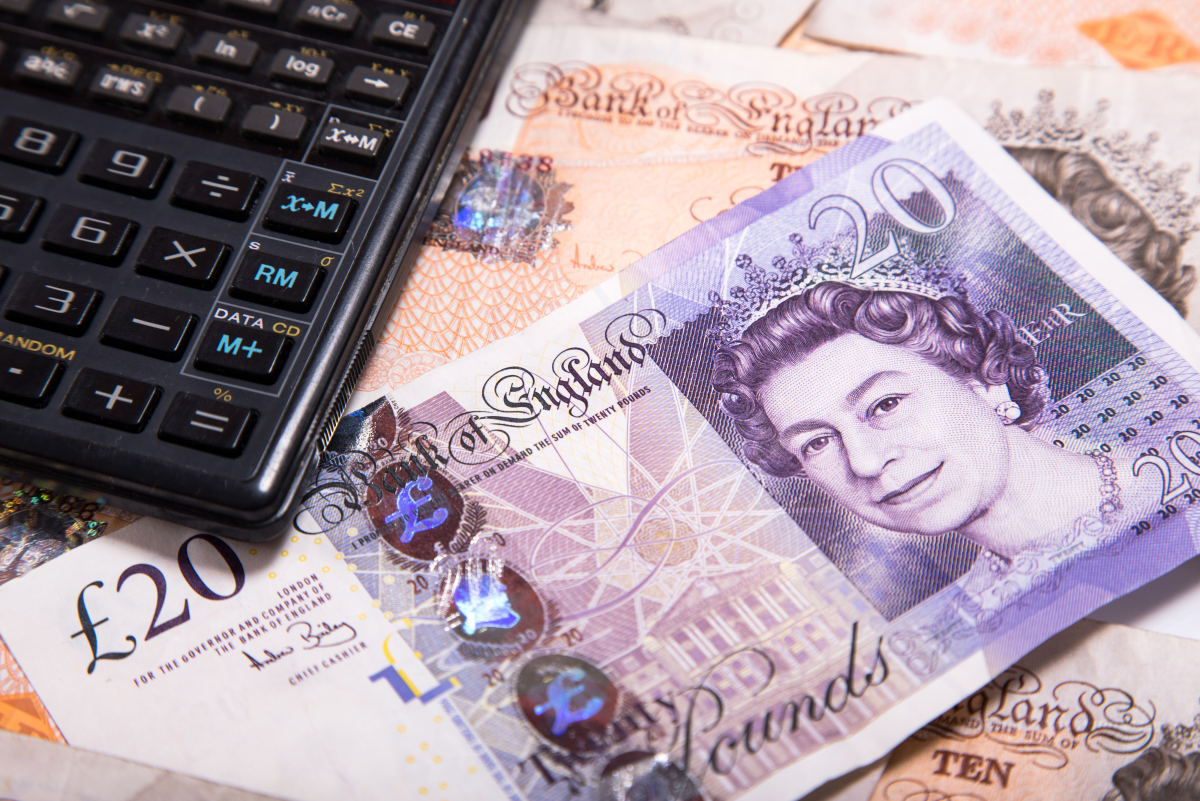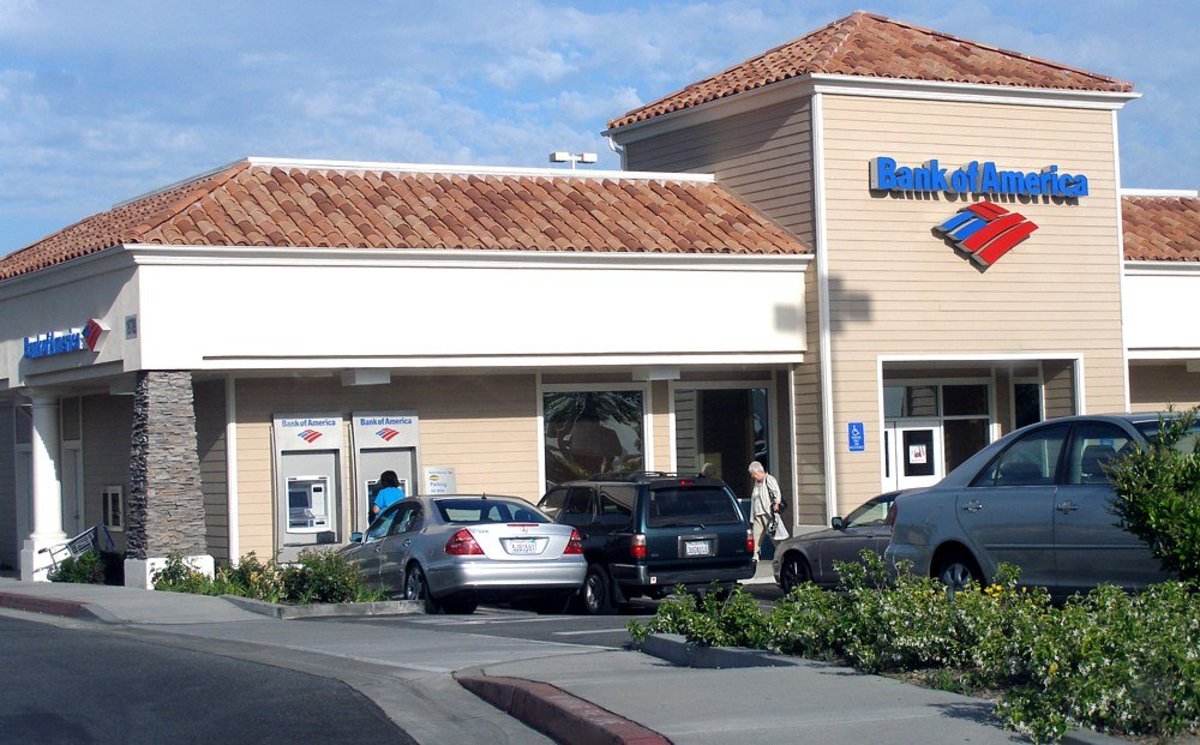Mobile Money Transfer Spreading From Africa to Europe
Mobile money transfer and payment includes any form of financial transaction that is possible on a mobile phone which is connected to a telecom network. It is an electronic wallet service that permits cell phone users to send and receive money within one or across different telecom companies.
Amongst others, a mobile phone user can, send and receive money from and to another cell phone user, deposit and withdraw cash, buy talk time credit, pay utility bills and tuition fees, and pay for commodities and services.
In Africa, it has become the means through which small businesses and families send and receive money.
When it launched in Kenya in 2007, it received a lukewarm reception, with experts giving it little chance against plastic money and traditional banking services. Today, it has become the defacto means of financial transactions across the continent.
It is now on its way to Europe.
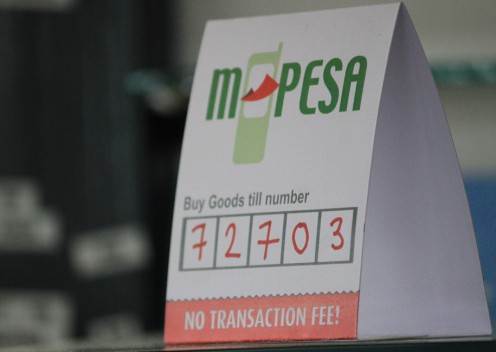
In what is referred to as electronic wallet service, mobile money transfer and payment services are useful where cash is not readily available, plastic money is not in use and bitcoin is not available.
In most of Africa, plastic money transaction is very limited and is not showing signs of growing and bitcoin is not known. But with mobile money services, financial transactions can be done across carrier networks and countries, allowing unhindered money transfer between users of competing telecom companies and countries.
Through popular carrier networks like Safaricom, Vodaphone, MTN and Airtel, mobile money transfer innovations like Mpesa, MTN Mobile Money and Airtel Money have become very popular across all borders.
To consolidate its business elsewhere, Vodaphone also introduced mobile money services in India and Egypt in 2013 and the adoption is monumental.
Would you consider using Mobile Money service?
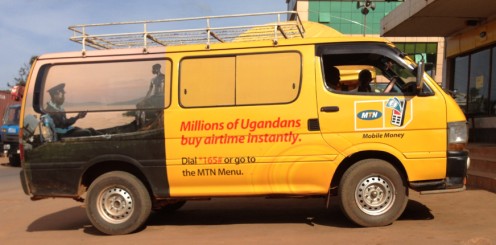
Vodaphone Mpesa Goes To Europe
Whereas technological innovations have always taken root in the western world before trickling down to developing continents, a few innovations have evolved from the bottom, upwards. Japan mesmerised the world when it ushered in the era of Sony and other electronic appliances in the 80s, and Bangladesh pioneered rural micro-finance empowerment, also in the 80s.
When mobile money services launched in Africa about a decade ago, it received lukewarm reception with experts doubting its applicability, and giving it little chance against plastic money and traditional banking services. Today, it is the most popular way for small businesses and families to send and receive money and also shop and pay for a kilo of rice.
Mobile communication has revolutionized the way Africa lives and does business, according to gsm mobile Africa.
It may not be the replacement of plastic money and banks in Europe, but it will surely help in solving petty money transfer headaches in less advanced communities. It is no wonder that UK's Vodaphone is starting the Mpesa mobile money revolution in Eastern Europe.
Mobile Money In Kenya
Would you use mobile services in your country?
Is Mobile Money Transfer and Payment Service Viable?
The mobile telecom industry has changed the social and business life in Africa. It has allowed communication even to the most distant and rural communities.
Coming from a background where communication was a nightmare, the evolution of mobile phones is a contributing factor in changes and progress in health, business and social sectors.
The addition of mobile money transfer and payment services was just an icing on the cake; an addition to a rich pool of users that was getting mobile by the day.
Depending on how worthwhile it becomes in Eastern Europe, mobile money transactions may as well knock at the doors of Western Europe.
The popularity of mobile money transaction owes to its convenience and nature of mobility. Unlike the banking system which demands a walk down to the ATM, mobile cash transfer is instant and where withdrawal is needed, withdrawal outlets are littered everywhere, since their setup do not require stringent regulations that go with banks and other financial institutions.
Mobile money transactions also allow for deposits and withdrawals that are less than a dollar, making it viable for mobile users of different economic classes. Of course this is better applicable to poor communities, but actually elaborates how flexible the system can get.
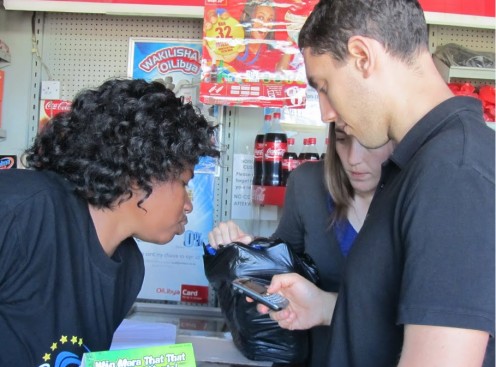
The Future Of Mobile Payments
© 2014 Alfred Amuno

